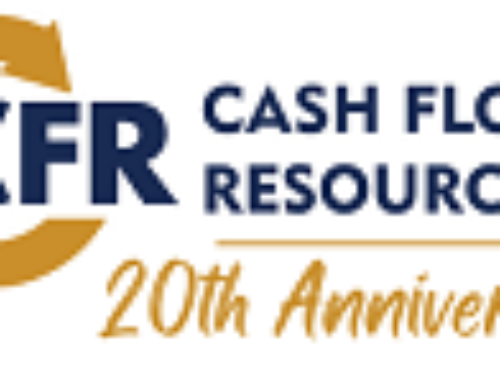As owners look for ways to fund their business, it is hard to know which type of funding is right for your business. Sometimes, companies qualify for a bank loan to meet their needs. However, oftentimes alternative methods of financing are necessary for various reasons, which might include being a start-up, recent losses or fast growth. There is an appropriate application for all sources of capital, but it is important to know the value of each to determine the best source for your company. Below is a comparison of three different options for funding your business.
Bank Loans |
& |
Invoice Factoring |
& |
Merchant Cash Advance (MCA) |
| Traditional bank loans relies on the actual credit of the client based on their balance sheet, profit/loss experience and level of secondary support like collateral and guarantees. |
1 |
Factoring is an alternative funding source to traditional bank loans, offering quick access to cash as the factor purchases a company’s commercial invoices. A factor relies mainly on creditworthiness of client’s customers rather than the client’s financial condition. |
1 |
A merchant cash advance (MCA) is alternative financing source that provides businesses with a lump sum of cash by attaching a set amount of their future bank balances or projected revenues or the credit card sales of a business. |
| Underwriting process typically takes weeks to qualify and receive funds, requiring extensive documentation and paperwork. |
2 |
Approval is fast taking a few days or less, usually requiring much less documentation. |
2 |
Process can take 1-4 days with little documentation. MCA lenders fund based on historical bank balances or the projected volume of credit card sales. They want to see documentation of the past history in the form of bank statements or credit card receipts. |
| Increases debt, thus increases liability on balance sheet. |
3 |
Does not appear on balance sheet and therefore does not increase your debt. |
3 |
Is a real obligation, sometimes daily, which does increase leverage while granting the MCA lender access to bank balances. |
| Repayment is based on set schedule, usually with larger monthly payments and longer payment terms associated. Usually requires loan covenants. |
4 |
With factoring, there is no “payback”. Factoring advances are “self liquidating” in that the factor collects directly from the customers who owe payment on the factored invoices. Does not require loan covenants. |
4 |
MCA loans are repaid on a daily or weekly basis. A set percentage of bank balances is debited from the client’s account or a percentage of credit/debit card sales is withheld from each transaction until the amount advanced, plus interest or fees, has been repaid in full. Does not require loan covenants. |
| Provides a set amount of funding with a new underwriting process required for any requested changes or increases. |
5 |
Provides funding that grows with sales activity, invoice collection reports for A/R and credit assessments on new and existing customers. |
5 |
Provides funding usually with no additional services. |
| Traditional bank loans are the least expensive type of funding; however, loans are more difficult to obtain as they usually have stringent approval requirements. |
6 |
Rates will vary for factoring depending on how long customers take to pay their invoices. The typical cost for factoring is around 1%-3% of factored invoices similar to a VISA or MasterCard merchant fee. |
6 |
MCA lenders apply a factor, sometimes 1.4 times the amount advanced, and that total amount is to be repaid over the term of the facility which can be anywhere from 3 to 12 months. Failure to pay within original terms can greatly increase the cost of financing. |
In summary, bank loans are the most cost effective option; however, depending on your capital needs they may not always be available or the right option for your business. Both invoice factoring and merchant cash advances are business funding alternatives that give a business ready access to immediate capital. Unlike MCAs, factoring is not dependent on credit card sales and is not repaid on such a frequent schedule, making factoring much less costly. Cash Flow Resources, “CFR”, has been factoring receivables for well over a decade and can get you the cash you need fast and efficiently. We will work with your to develop a customized solution to fit your unique business needs.





